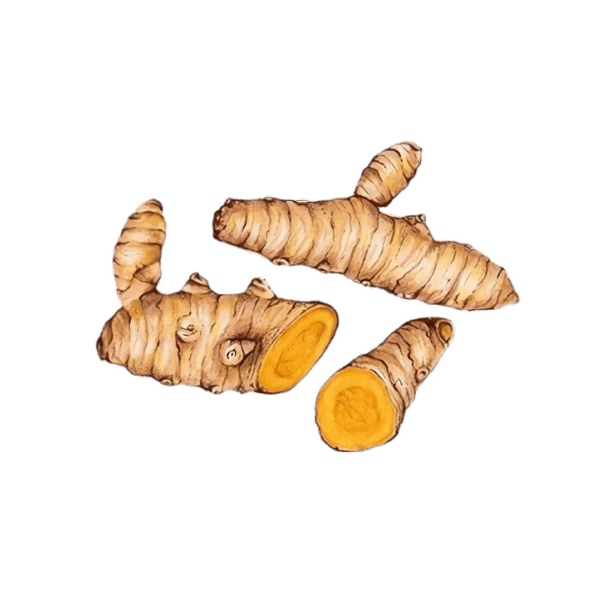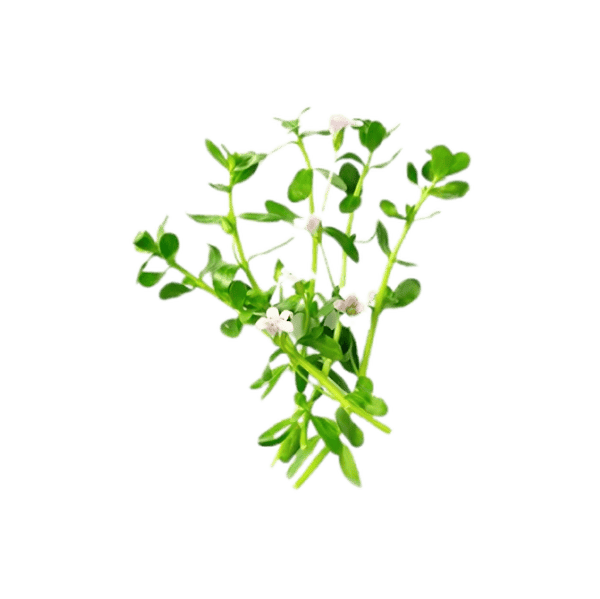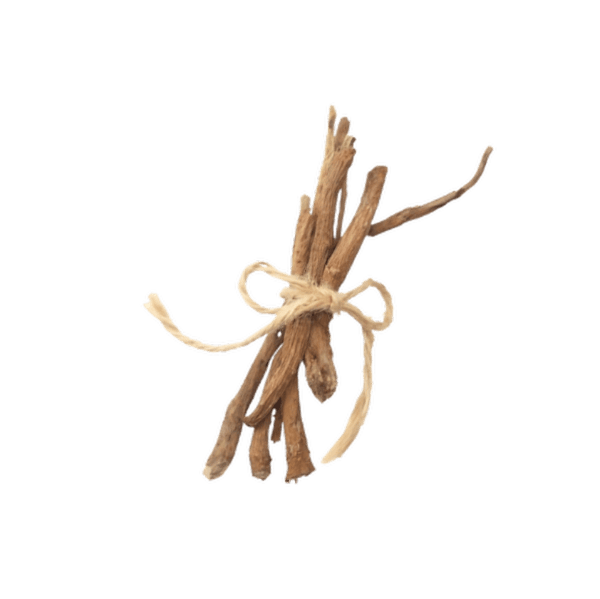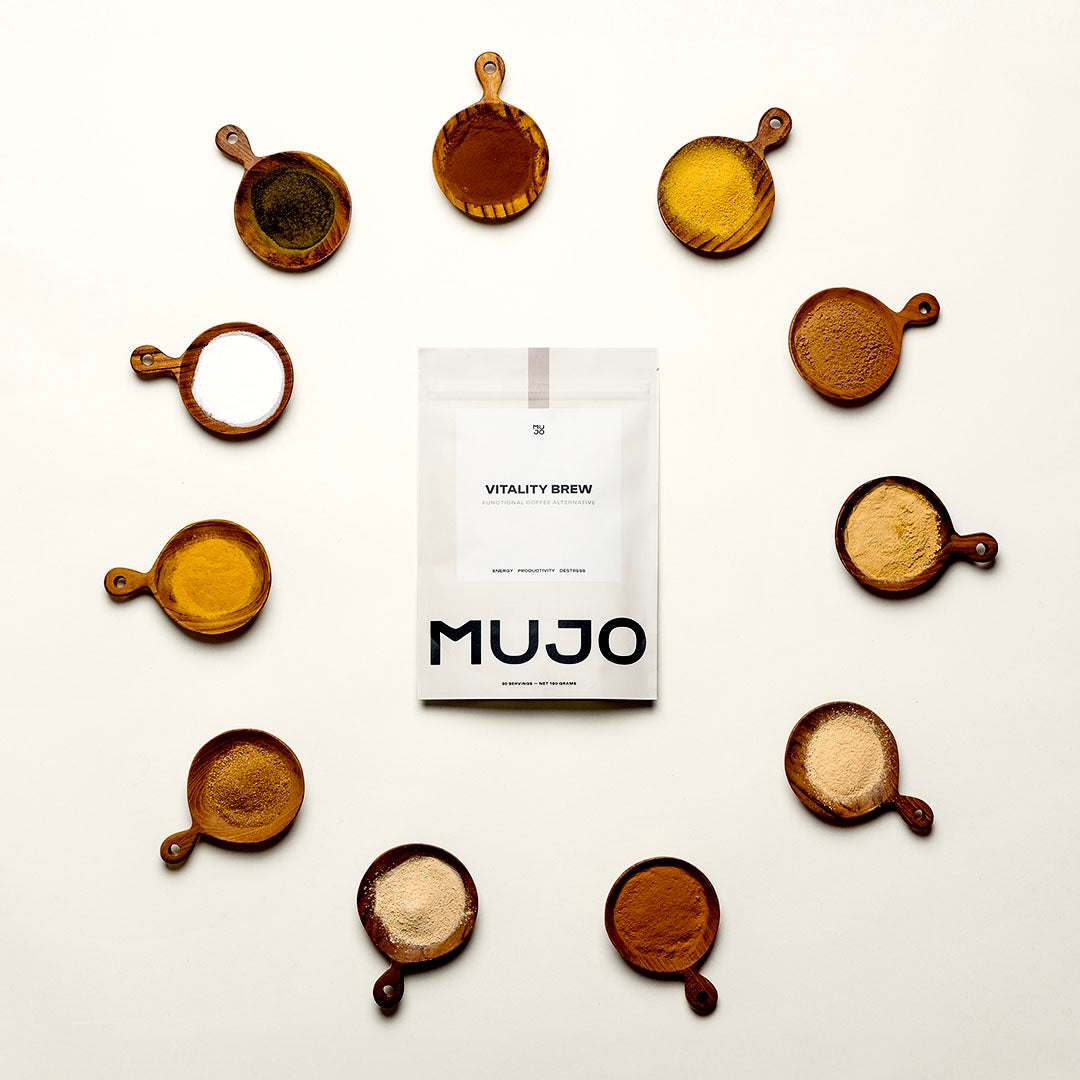
Navigating the world of functional ingredients
It takes a curious mind to care about the details behind the ingredients label. Nowdays, many products are mis-marketed, mis-labeled, and mis-leading. We're here to provide full transparency on what matters when sourcing functional ingredients.
OUR INGREDIENTS
What's inside of Vitality Brew
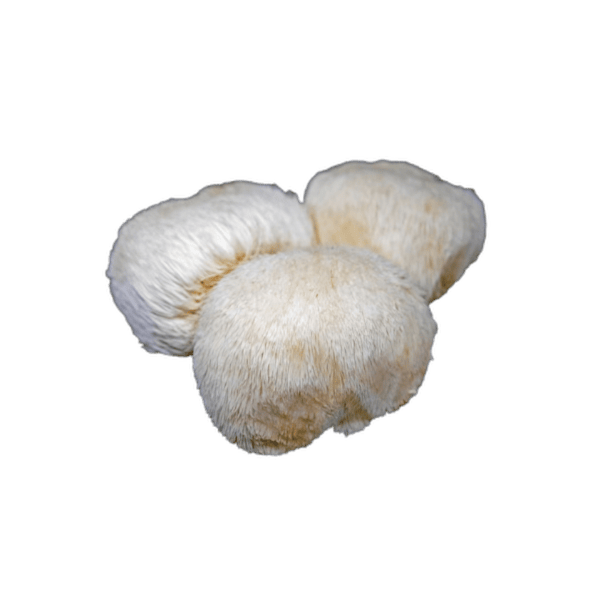
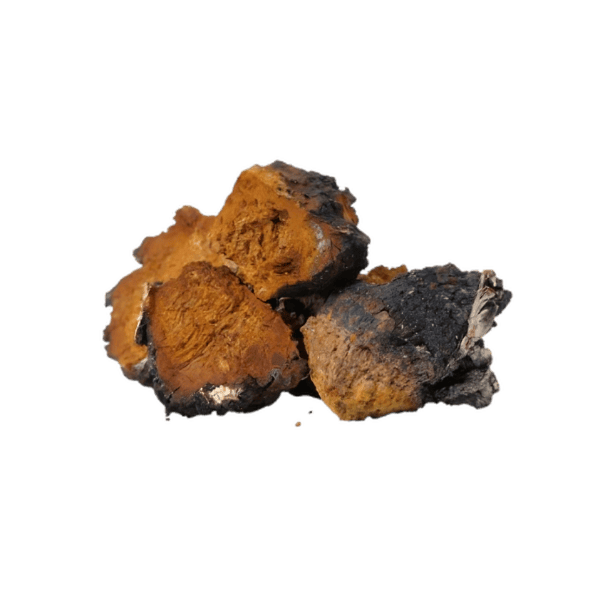
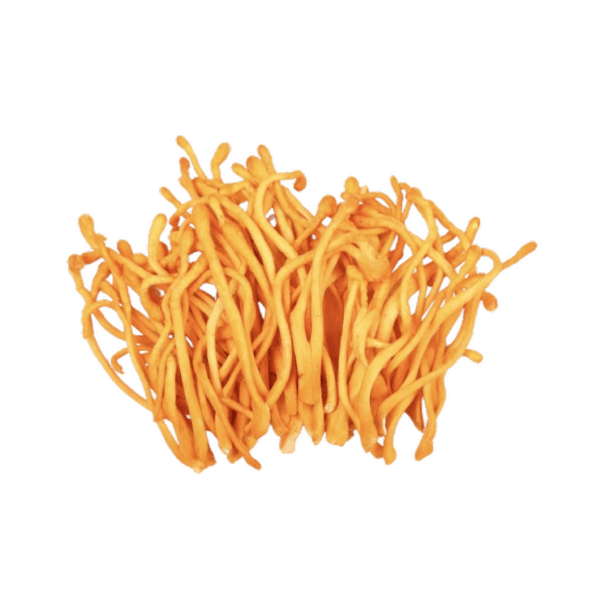
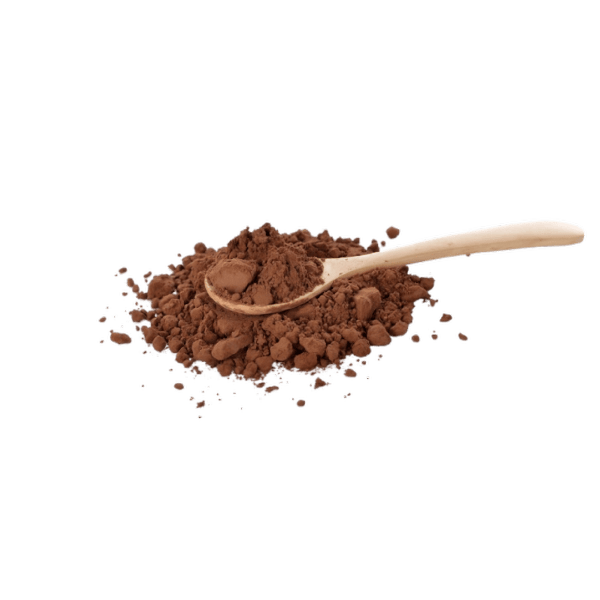
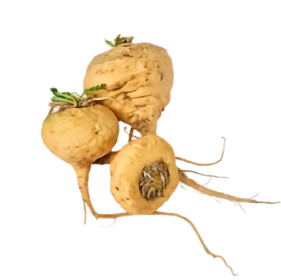
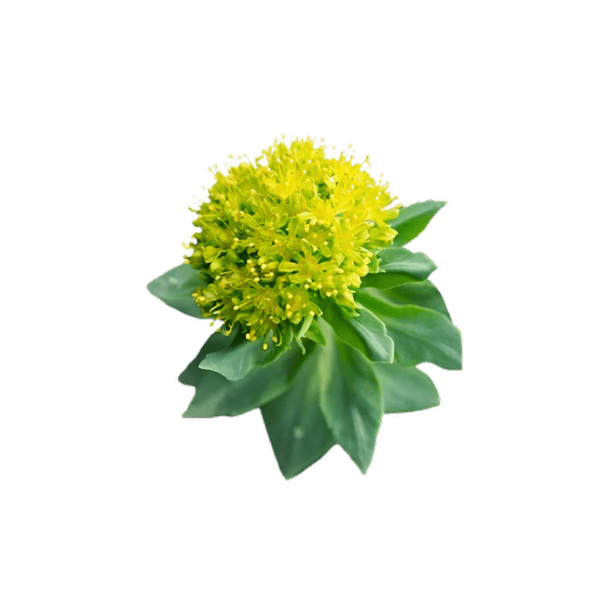
Rhodiola Rosea
Rhodiola Rosea helps combat the effects of physical and mental stressors and is one of the most powerful adaptogens in the world. Regular consumption delivers increased mental energy, mood support, increased endurance and a slew of other benefits.
Origin: Russia (Altai Mountains)
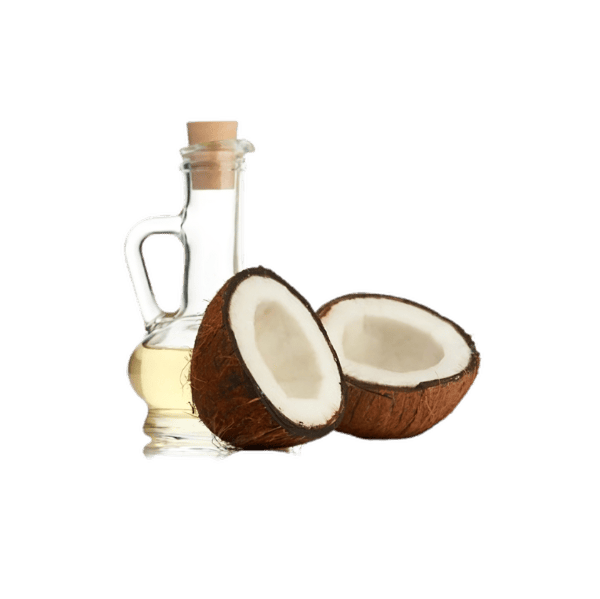
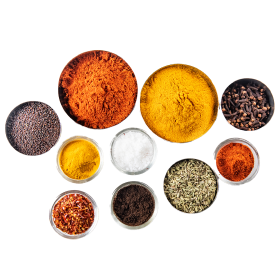
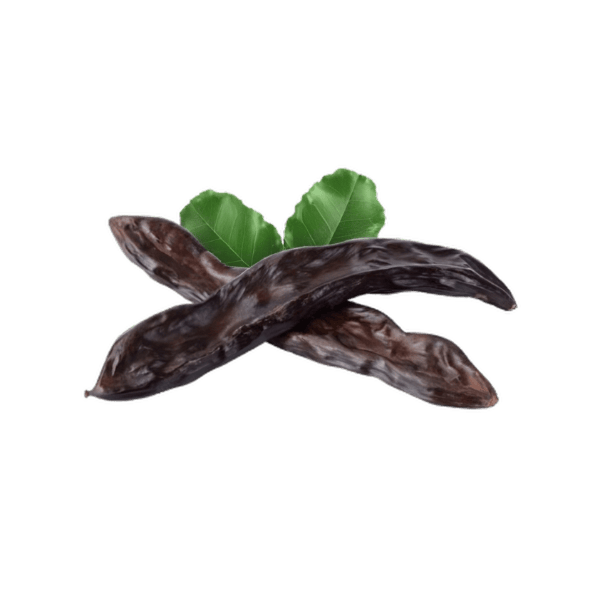
LEARN
Functional mushroom 101
When buying functional mushroom products, it’s essential to understand the difference between those made from the actual mushroom (fruiting body) and those made from mycelium (the root system). While both parts of the mushroom have unique qualities, the fruiting body is where you’ll find the highly valued beta-glucans, which are linked to many of the studied health benefits. Mycelium, often grown in labs on substrates, frequently contains fillers and starches. At Mujo, we focus on using highly concentrated dual extracts of fruiting bodies to ensure you receive the maximum benefits.
Many US-grown mushrooms are often marketed as superior, but that's not necessarily the case. The quality and benefits of a mushroom depend on its species and the environment in which it's grown. For instance, in nature, Chaga thrives in cold climates on birch trees, drawing some of its most sought-after benefits from these trees. This unique environment is difficult to replicate at scale in the US, and as a result, farm-cultivated Chaga grown here often has a different chemical composition and provides different benefits compared to wild-harvested Chaga.
Mushroom and botanical extracts are made by boiling them in water and/or alcohol to release the active compounds from their cell walls. This process is crucial for species like Chaga because our digestive system can't break down certain mushroom cell walls. The extract is then dried into a powder, making the beneficial compounds easier for us to absorb. While powders contain healthy fibers, it's important to choose extracts for species that require this process for full absorption of their unique compounds.
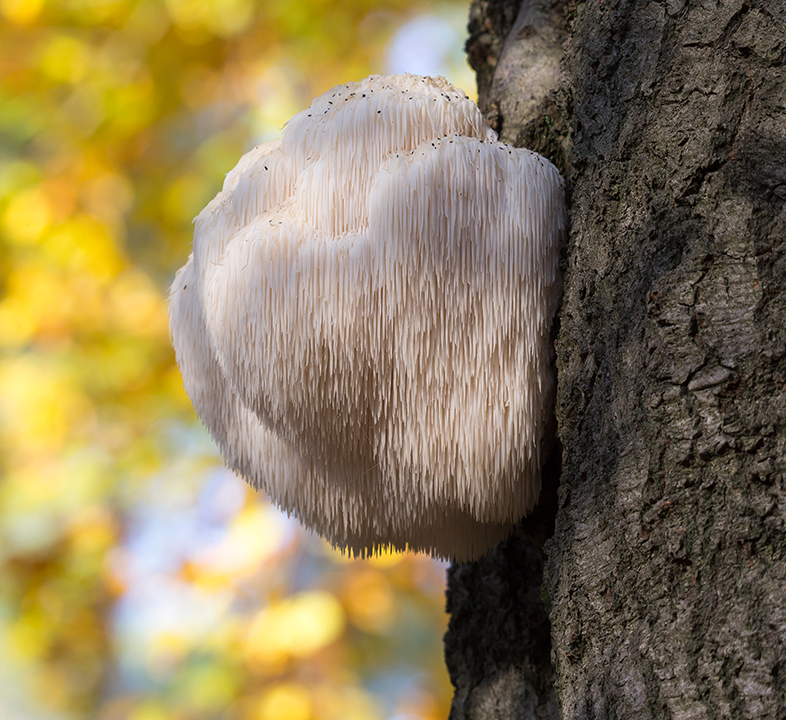
FUNCTIONAL MUSHROOMS
Will the real beta-glucans please stand up?
Beta-glucans come in many different forms. Make sure your mushroom label guarantees the right beta-glucan content.
LEARN
ADAPTOGENS 101
An herb is adaptogenic if it meets three criteria: First, it’s nontoxic, meaning it’s safe for everyone. Second, its benefits are nonspecific, meaning it improves the entire body’s resistance to stress, not just one particular system or organ. Third, it balances bodily functions, regardless of where the disruption may originate. Adaptogens work at a molecular level by regulating a stable balance in the hypothalamic, pituitary, and adrenal glands. These are involved in the stress response. They work by “hacking” the stress response and bringing cortisol production back to balance.
Adaptogens work by helping the body maintain balance, or homeostasis, in the face of stress. When you experience stress (whether physical, emotional, or environmental) your body enters a "fight-or-flight" state, triggering a cascade of hormonal and physiological changes. Over time, this can lead to fatigue, burnout, and decreased resilience.
Adaptogens support the body's stress response by modulating the release of stress hormones like cortisol. They act on the hypothalamic-pituitary-adrenal (HPA) axis and other regulatory systems to promote a more balanced response to stress. This helps your body recover more efficiently and reduces the negative effects of prolonged stress, such as fatigue and anxiety.
In terms of energy, adaptogens don’t work like caffeine or stimulants that give you a quick jolt but leave you crashing later. Instead, they work at a cellular level to support energy production, often by improving mitochondrial function (the "power plants" of your cells). They enhance your body's resilience to stress, which translates into steady, long-lasting energy, improved focus, and better physical and mental performance.
The time it takes to notice the effects of adaptogens depends on the specific adaptogen, your individual body chemistry, and the type of stress you’re managing. Some adaptogens, like Rhodiola Rosea, may produce noticeable effects within a few hours to days, particularly for acute stress or fatigue. Others, like Ashwagandha, tend to have cumulative benefits that become more apparent after consistent use over 2–4 weeks.
For long-term benefits, such as improved stress resilience, better energy regulation, or enhanced focus, adaptogens usually require daily consumption over several weeks. This is because they work to restore balance and optimize systems in the body gradually. The key to seeing results is consistency.


